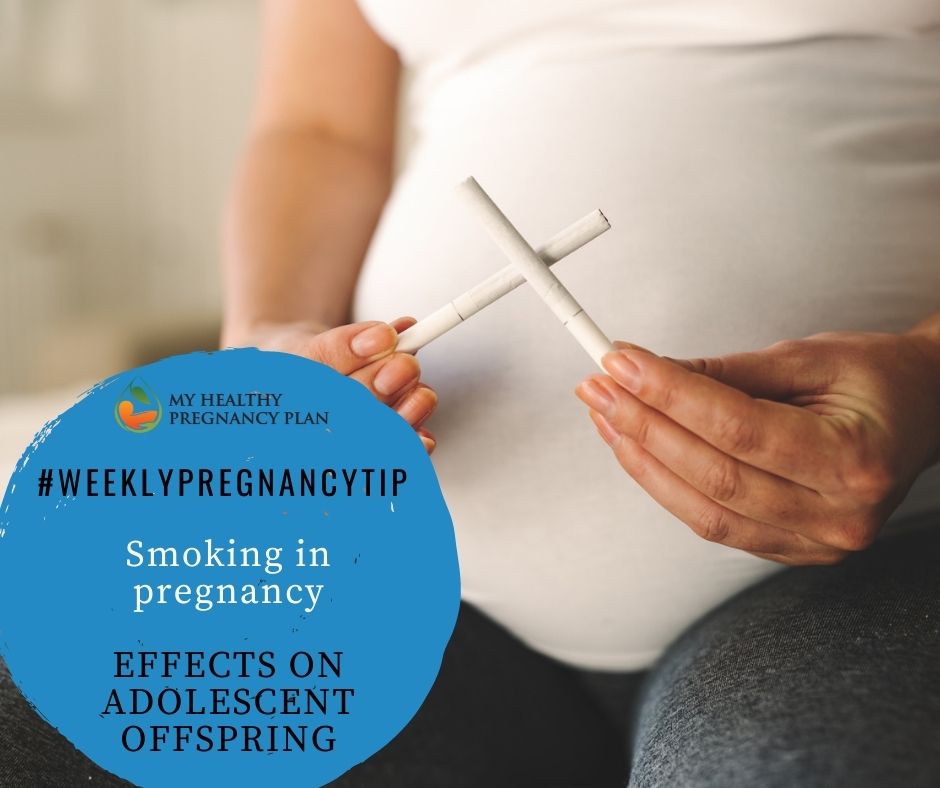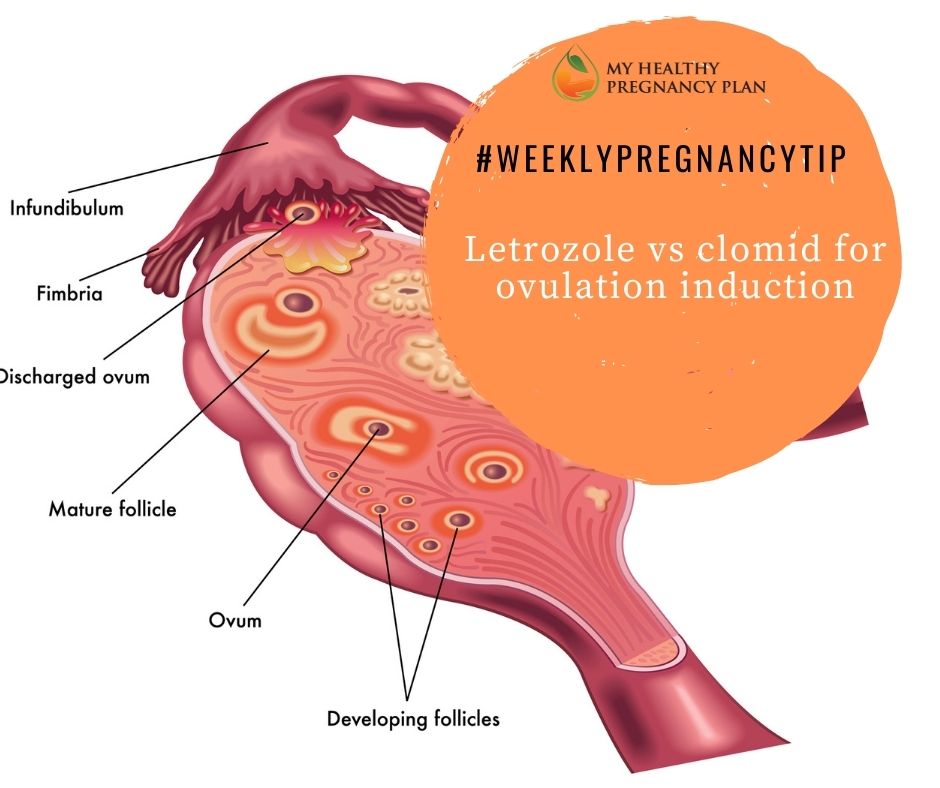The global epidemic of obesity and its rising prevalence among children has resulted in an enormous increase in the number of bariatric (weight loss) operations performed around the world. My preference for any weight-loss program is always to assess for underlying conditions like hypothyroidism,...
Read More
Vitamin D – a key factor in male fertility
Bi-weekly pregnancy tip
In my online fertility program, I talk about Vitamin D being a critical nutrient in both male and female reproductive health. A new Turkish study has looked at this issue even further, particularly in cases of idiopathic (unexplained) male fertility, which is increasing worldwide....
Read More
Zinc intake and pregnancy health
Bi-weekly pregnancy tip
Zinc is most commonly known for its impacts on immune function and resistance to infection, and also for its role in male fertility and sperm health. However, this mineral’s influence is incredibly widespread in the body, as zinc is a component of more than...
Read More
NAC treatment for male fertility patients with a history of Covid-19 infection
Bi-weekly pregnancy tip
In this earlier post I shared emerging research on the impacts of Covid-19 infection on sperm parameters, primarily through inflammatory and oxidative damage. A new Iranian study looked at men who had normal sperm parameters previously to Covid-19 infection, and in the 3 months...
Read More
Vitamin D and Covid-induced pregnancy complications
Bi-weekly pregnancy tip
I feel that I blog and teach about Vitamin D and its role in reproductive health pretty much constantly. Since the pandemic began, there has been an increased awareness about the role that Vitamin D plays in the immune system, and in particular severity...
Read More
Does obesity or overweight without PCOS affect fertility?
Bi-weekly pregnancy tip
Weight is a sensitive issue during fertility and pregnancy, but a subject that is tremendously important for health care providers to broach with their patients. In my online fertility program, I talk a lot about optimal and healthy weight for fertility and pregnancy, including...
Read More
Auto-immunity and fertility challenges – including Sjogren’s Syndrome
Bi-weekly pregnancy tip
Couples experiencing difficulties conceiving and maintaining pregnancies are often left with few clues as to the source of the problem. Even with the help of their health care provider, solutions can be hard to find without digging deeper. In my online fertility and pregnancy...
Read More
Smoking during pregnancy and academic performance in adolescent offspring
Bi-weekly pregnancy tip
Building off of my last post, where I shared research on e-cigarette vs combustible cigarette use during pregnancy, another new Australian study has looked beyond birth outcomes to determine what the long term impacts of maternal smoking during pregnancy (MSDP) is on the academic...
Read More
E-cigarettes and pregnancy – are they better than “regular” cigarettes?
Bi-weekly pregnancy tip
We know already that it is highly advisable to quit regular, combustible cigarettes completely during pregnancy, due to their association with lower birth-weight babies, pre-term births and adverse birth outcomes. Now, a new U.S.-Australian study has tackled the question of whether e-cigarette use improves...
Read More
Letrozole vs Clomid for IUI
Bi-weekly pregnancy tip
In my online fertility program, I discuss my preference for letrozole over clomiphene citrate (clomid) as ovulation induction medication for women with irregular or absent ovulation who are trying to conceive – in addition to complementary therapies like acupuncture, black cohosh and dietary interventions....
Read More











